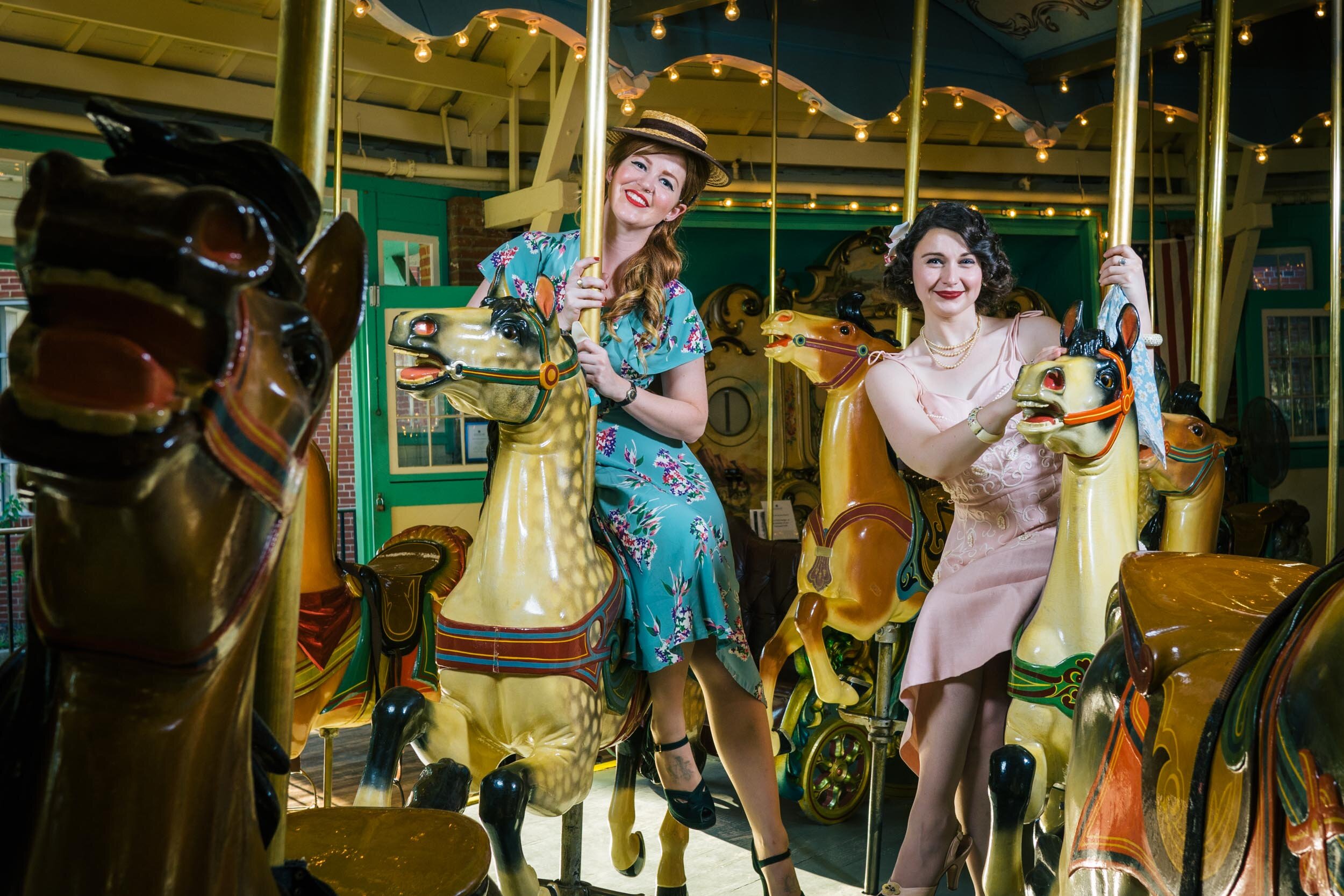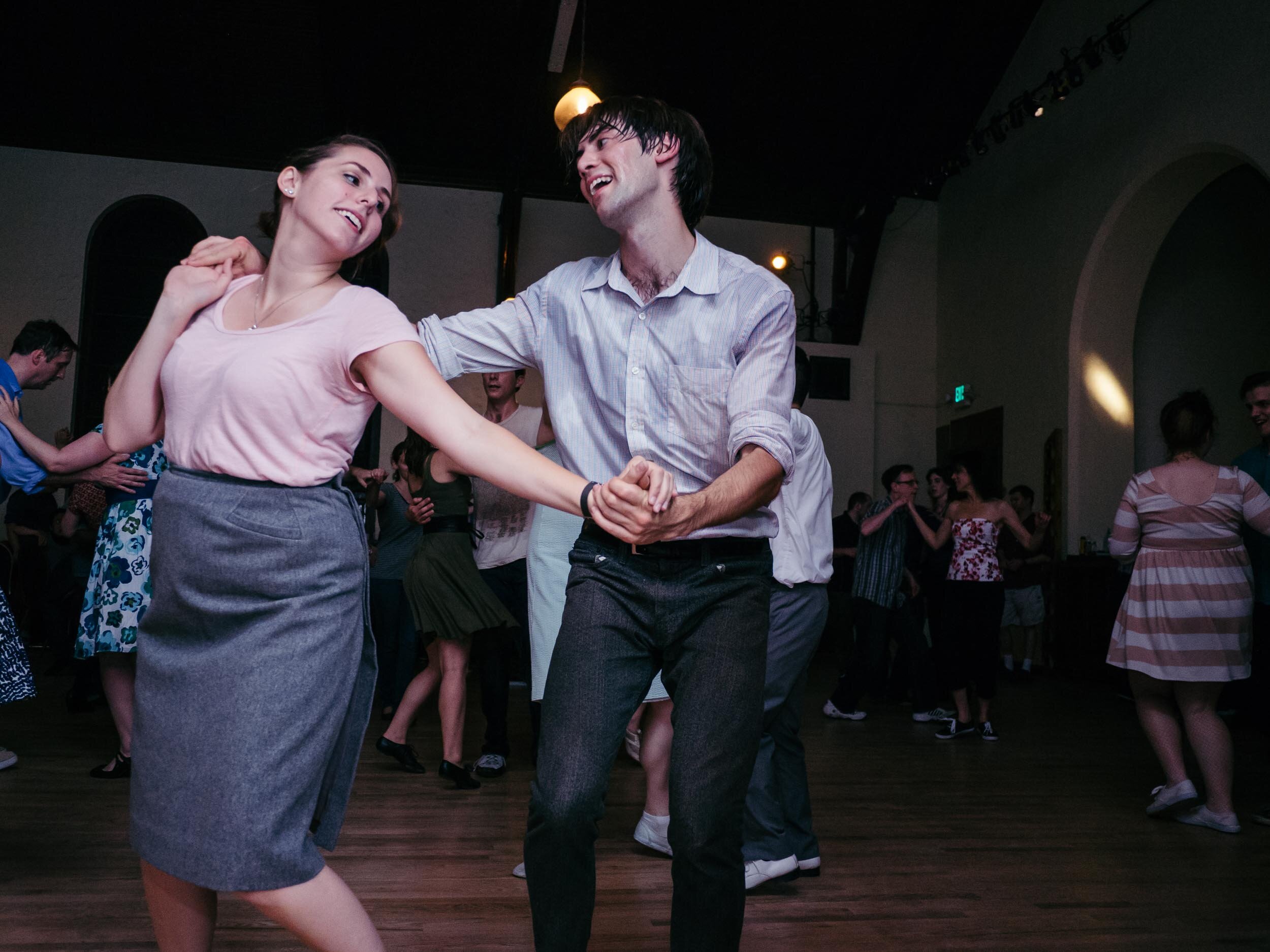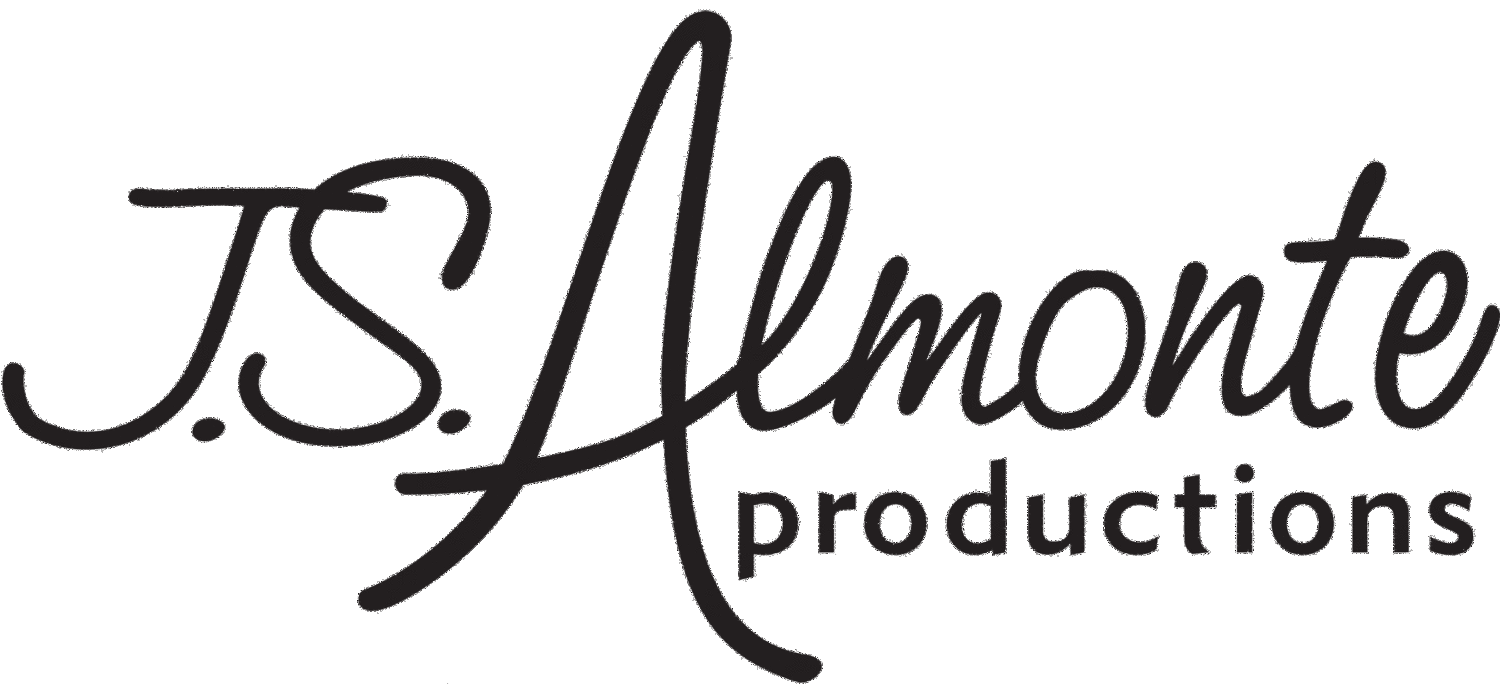I gave away most of my music recently. As I was packing up to move, I had what is either an epiphany or an existential crisis, wondering why I was holding on to some things for so long. It had almost been a decade since I had physically touched most of those CDs. Most of it is digitized. I thought it was wise to keep the originals as a backup. That hasn't been necessary yet, and now that I have backups of my backups. So I got rid of it all.
At the last minute I grabbed a bunch of CDs to keep for myself. I’m still not sure why that was necessary other than I’m somewhat comforted that if I lost everything, I would still have these. It did occur to me that I inadvertently created my "trapped on a desert island" list. I had thought about a list like this before but never finished because it seemed like too large a task to try to rank all those albums. However, in the moment that I had decided to give it all up, it was pretty easy to pick out everything that I wanted to keep.
In no particular order:
Satch Plays Fats by Louis Armstrong and His All Stars. Legend on legend action with Louis Armstrong covering all of Fats Waller’s hits at the height of his hi-fidelity powers in 1955. He’s backed by a truly all star band including Trummy Young (who used to play in Jimmie Lunceford's bands) and clarinetist Barney Bigard who was a mainstay in Duke Ellington’s bands from the 20s through the 40s. But the secret sauce is vocalist Velma Middleton who appears in a few duets, and is generally criminally underrated.
In retrospect, I probably should have held on to The Fats Waller album called "A Handful of Keys" which features the iconic live version of "Yacht Club Swing."
The Great Summit by Louis Armstrong & Duke Ellington. The other non-live album on my list is an actual collaboration between jazz immortals. These two literally defined swing, but it's the slower tunes that bring me back to this album. There's "I'm Just a Lucky So and So," "Solitude," "I Got It Bad (And That Ain't' Good)" and especially the lesser well known tune of "Azalea." It's the soundtrack to sitting on the porch on a hot day with a fan, an iced tea and some bittersweet memories.
Live at The Savoy 1939-40 by Ella Fitzgerald & Her Famous Orchestra. I don't think I need to say too much about this since it is one of the quintessential Lindy Hop albums. I do remember Mike Marcotte telling me about it when it first came out and how much of a precious commodity it was for several years because copies were so limited. I remember seeing it only available for well over $100 for a little while, but it looks like it's pretty easy to obtain these days.
The sound quality is shockingly good for the era, to the point that you can almost pretend that you are actually at the Savoy if you close your eyes and have a half way decent imagination. It’s also amusing to note how many negative reviews I’ve seen of this album because Ella doesn’t sing any vocals on any of the tracks. Although I think the best part of the listening experience is hearing her cheer and cajole the band through all the songs. Even if she’s not heard, you can still feel her presence at every moment.
Fargo, North Dakota November 7, 1940 Deluxe Golden Anniversary Edition by Duke Ellington and His Famous Orchestra. I was a bit of a Duke Ellington fanatic for awhile. I even tried my hand at writing a short story based on my imagined rivalry between Jelly Roll Morton and Duke Ellington.* It led me to stalking one particular Ellington biographer at a few talks they did around DC as part of my background research. It took a lot of personal effort to let go of all my Ellington music since I was pretty close to having his complete pre-1950 discography. But it's all gone now with the exception of this album.
I started collecting music to DJ Lindy Hop dances, but I rarely played anything off of this album because the sound quality is garbage. However, this is peak Ellington playing specifically for dancers. Nothing else like this exists. Two music nerds asked to record the band while they were playing Fargo for a local dance, and then they sat on those recordings for decades before they were rediscovered to the delight of newer music nerds.
The Blanton-Webster era of Ellington is considered one of his best, if not the best iteration of his big band. Jimmy Blanton was a brilliant young bassist joined the orchestra in 1939, and left in 1941, but not before transforming the way that the bass was used in jazz. He died tragically young of tuberculosis in 1942.
Tenor saxophonist Ben Webster is featured on an especially spirited version of “Cottontail” that's a bit faster than the iconic studio recording. It follows roughly the same arrangement, but just when you think it ends where you expect it to, suddenly Webster tears into a new solo when . . . the recording fades out. It's a minor miracle these recordings exist at all, but you can tell it was done by amateurs with limited resources
There's a lot more ballads and Latin songs that you would hear at a modern Lindy Hop dance, but the band is on fire especially towards the end when it rips through an absolutely ferocious “St. Louis Blues” finale. led by my favorite Ellington vocalist, Ivy Anderson.
The Spoon Concerts by Jimmy Witherspoon. I DJed a few blues events here and there, but I never seriously got into blues music. I gravitated to this album because Witherspoon was a blues shouter who swung hard in the same vein as Jimmy Rushing who fronted the early Count Basie Orchestra.
For some reason, it took me years to look up the band on these recordings, and I was floored to discover an all star line up that includes legendary names like Coleman Hawkins, Roy Eldridge, Gerry Mulligan, Earl Hines, and Ben Webster. That's the same Webster in the previously mentioned Blanton-Webster iteration of the Ellington band from the early 1940's. If you like your blues to swing, then look this up. You can dance to it, or do what I have done and spend countless hours listening to "Ain't Nobody's Business" on repeat, thinking about my life choices
Live at The Harlem Square Club 1963 by Sam Cooke. As you can now tell from this list, I'm a big fan of live albums. It's been that way since I picked up U2's Rattle and Hum when I was a DJ at for my college radio station. I love the energy that comes from the way a great great performer can connect and inspire an audience.
I firmly believe that Sam Cooke's "Live at The Harlem Square Club" is the greatest live album ever recorded.
This is the kind of album that you have to listen straight through, especially for the first time. Don't skip around. Depending on what version of the album you have, the ending of some tracks are actually the lead up to the next as is the case on mine where the ending of "Somebody Have Mercy" turns the concert into a full on tent revival that crescendos into "Bring It on Home To Me." That's one of Cooke's signature songs, but he somehow takes the energy from that performance and is still able to explode onto another level into the opening for "Nothing Can Change This Love." Then the finale is an extended version of "Having A Party" which I have definitely played over and over again.
Continental Stomp by Hot Club of Cowtown. This one probably seems a little odd in relation to the rest of this list, but sometimes the music just finds you in a certain place and time of your life and never leaves.
The Hot Club of Cowtown is equally inspired by Django Reinhardt as it is by Playboy Bob Willis. I'm actually not a big disciple of either jazz manouche or country western swing, but for some reason this album has always resonated with me. The live performance recorded in Austin helps. They show off their hot jazz chops from the jump with a rollicking version of Diga Diga Doo, but their gentle country western swinging brings a freshness to many of the jazz standards that they cover. There's only 3 people in the band and two of them share lead vocals. I adore violinist Elana James, but it's Whit Smith's smooth and heartbreaking renditions of “Pennies From Heaven” and “After You've Gone” that keeps bringing me back to this album.
Bonus #1: I also held onto my Harry Connick Jr. albums for logistical reasons. I ditched the CD cases a long time ago, so they already live in a smaller profile CD case. However, I did want to mention them because they are still very sentimental to me. Connick was actually my first exposure to jazz music long before I learned how to dance. He burst onto national attention when he did the "When Harry Met Sally" Soundtrack which is an iconic 80's romantic comedy. However,, my first and still favorite album of his is "Blue Light, Red Light." I listened to it after any years of not, and discovered that I still remembered all the lyrics all the songs. Coincidentally, it is made up almost entirely of original big band arrangements. His solo piano work is on display on his birthday albums "Eleven," "20," and "25." (Yes, that's how old he was when he recorded them.) One of my favorites which I would still DJ at dances is a duet he does with Carmen McRae on "Please Don't Talk About Me When I'm Gone" on"20." I stopped following him after "We Are In Love," but his rendition of "A Nightingale Sang in Berkeley Square” is an all timer for me.
Bonus #2: Special shout out for Craig Gildner and The Blue Sky 5's "Sittin' Pretty" and The Boilermaker Jazz Band, "Live at The Mobtown Ballroom" which are great modern swing works in their own right, but I also held onto mostly because my photos grace the cover of both albums.


Sittin' Pretty was the first time I was ever hired to photograph a concept for a client. It was an honor to work with Craig who has been a pillar of the DC swing community for decades now.
That version of BMJB features one of my favorite rhythm sections of the modern era and also special guest Clint Baker from San Francisco who filled in on trombone. And yes, that’s my photo from that recoding that’s on the front page of Clint’s website.
Bonus #3: I actually held onto a few other non jazz and soul albums because I developed a need to reconnect to my college radio DJ days a few years ago, and I haven't gotten over that yet. Not to mention that I still have some residual cultural connection to New Jersey which is why I feel obligated to have the greatest hits albums for Billy Joel, Bruce Springsteen and Bon Jovi in my possession. But that's all probably for another post for some other time.
*I noticed from Ellington’s autobiography is that he had some really harsh words about Morton. It’s incredibly strange, because Ellington rarely said anything negative about anyone, especially on record. I also found out that Morton spent some portion of his later life in DC where Ellington is originally from, managing a club that used to be next door to Ben’s Chili Bowl, which is one of DC’s most famous places to eat. Coincidentally, there’s a story about a heated argument between Chick Webb and Morton where Webb complained that Ellington was becoming too high brow with his music (this is in the 1930s), but Morton defended Duke and his musical choices. The intersections between these two are preciously few, but ripe for some fun speculation.





